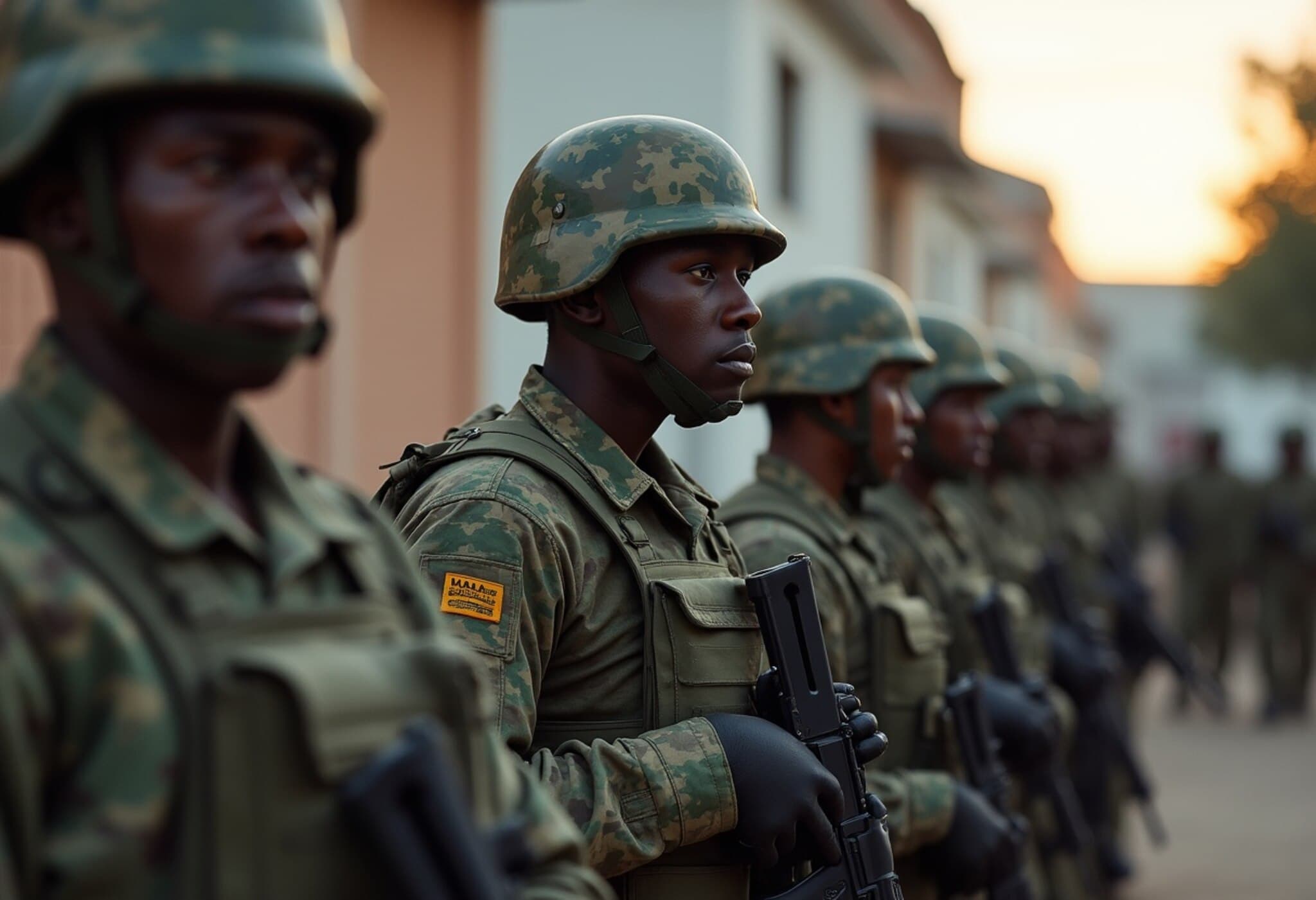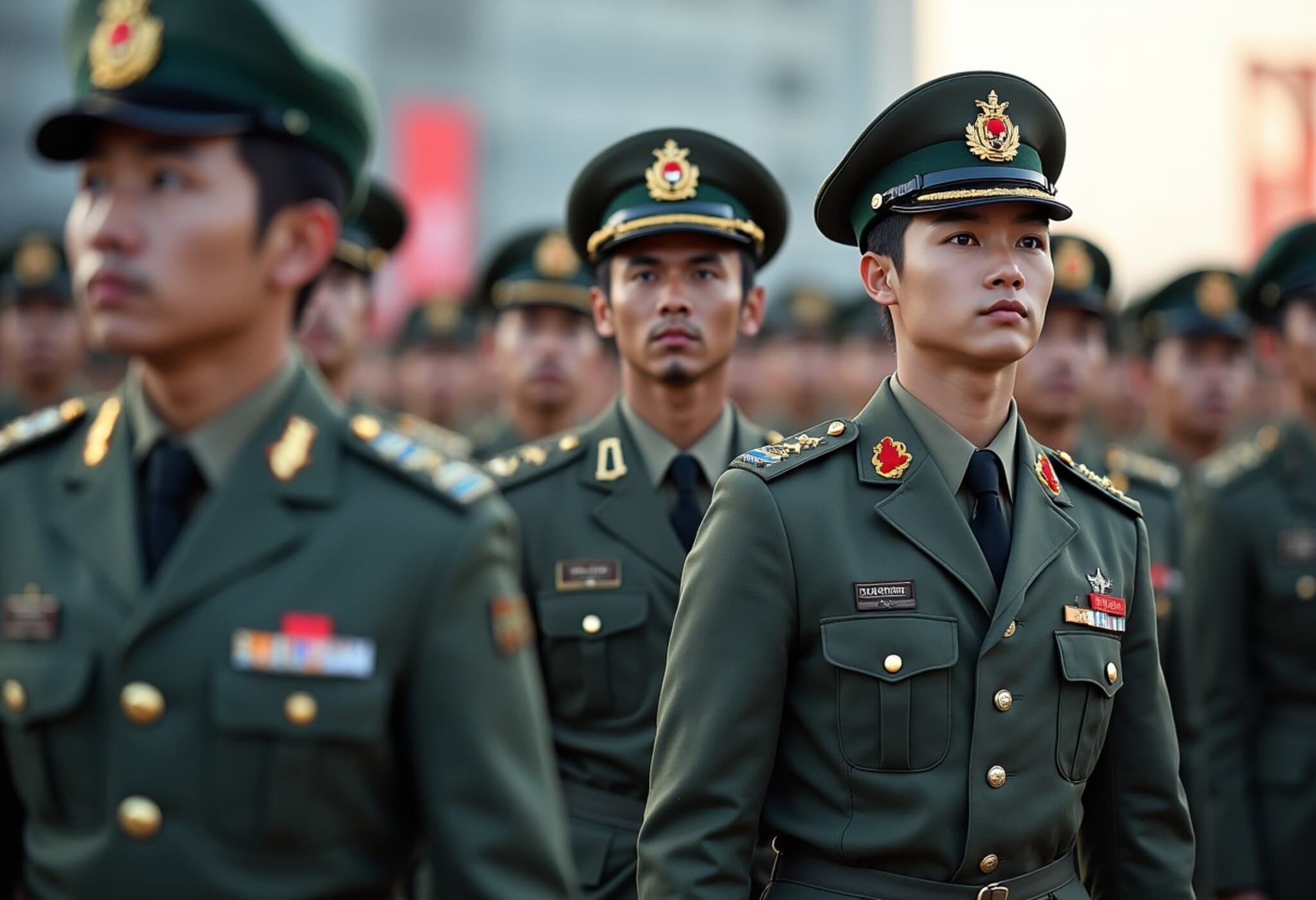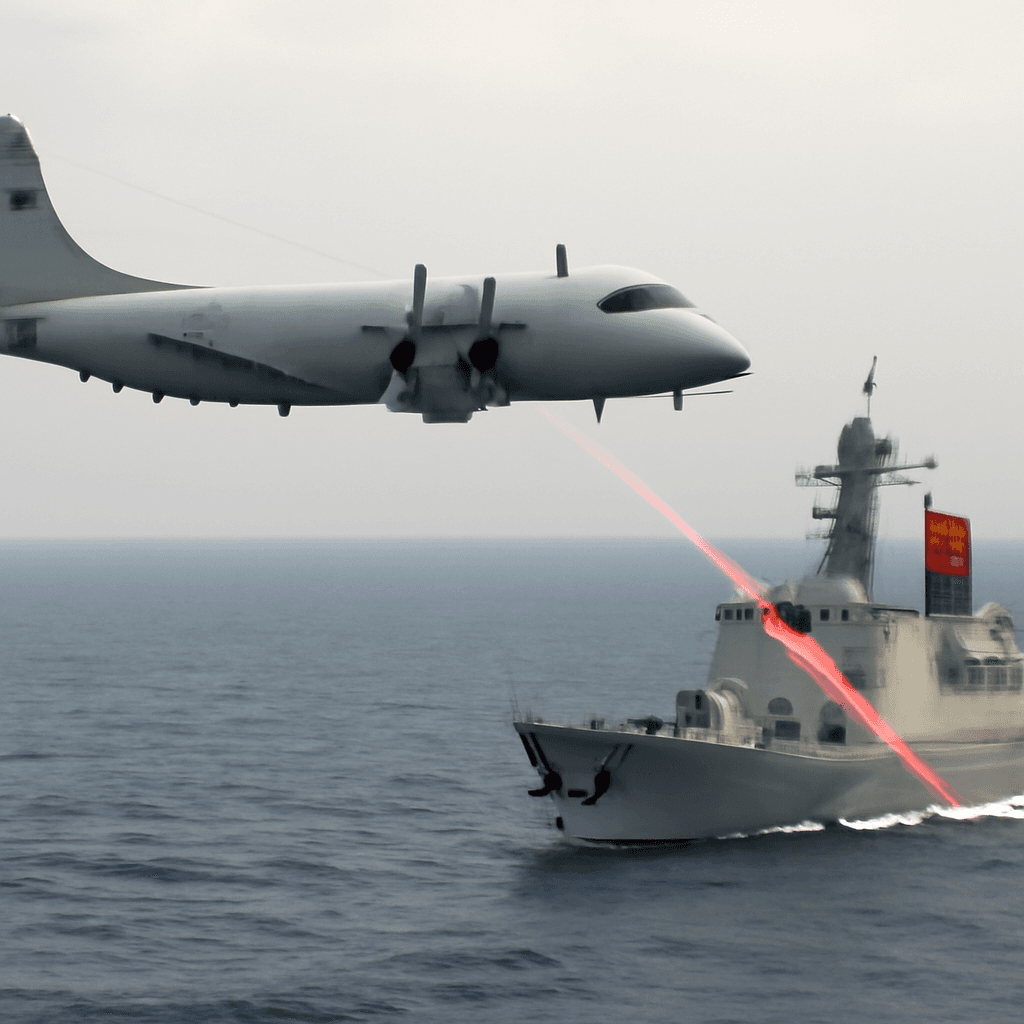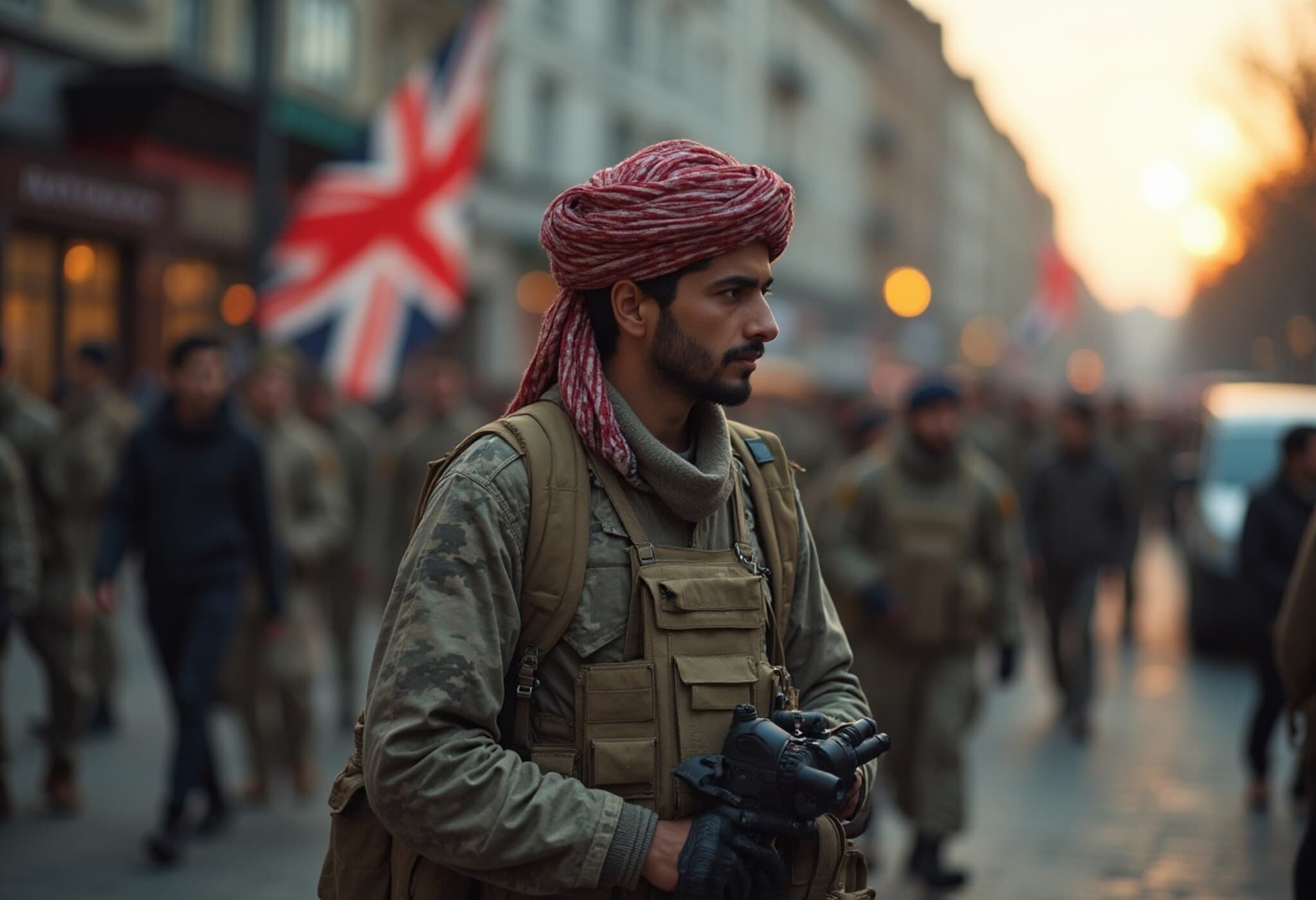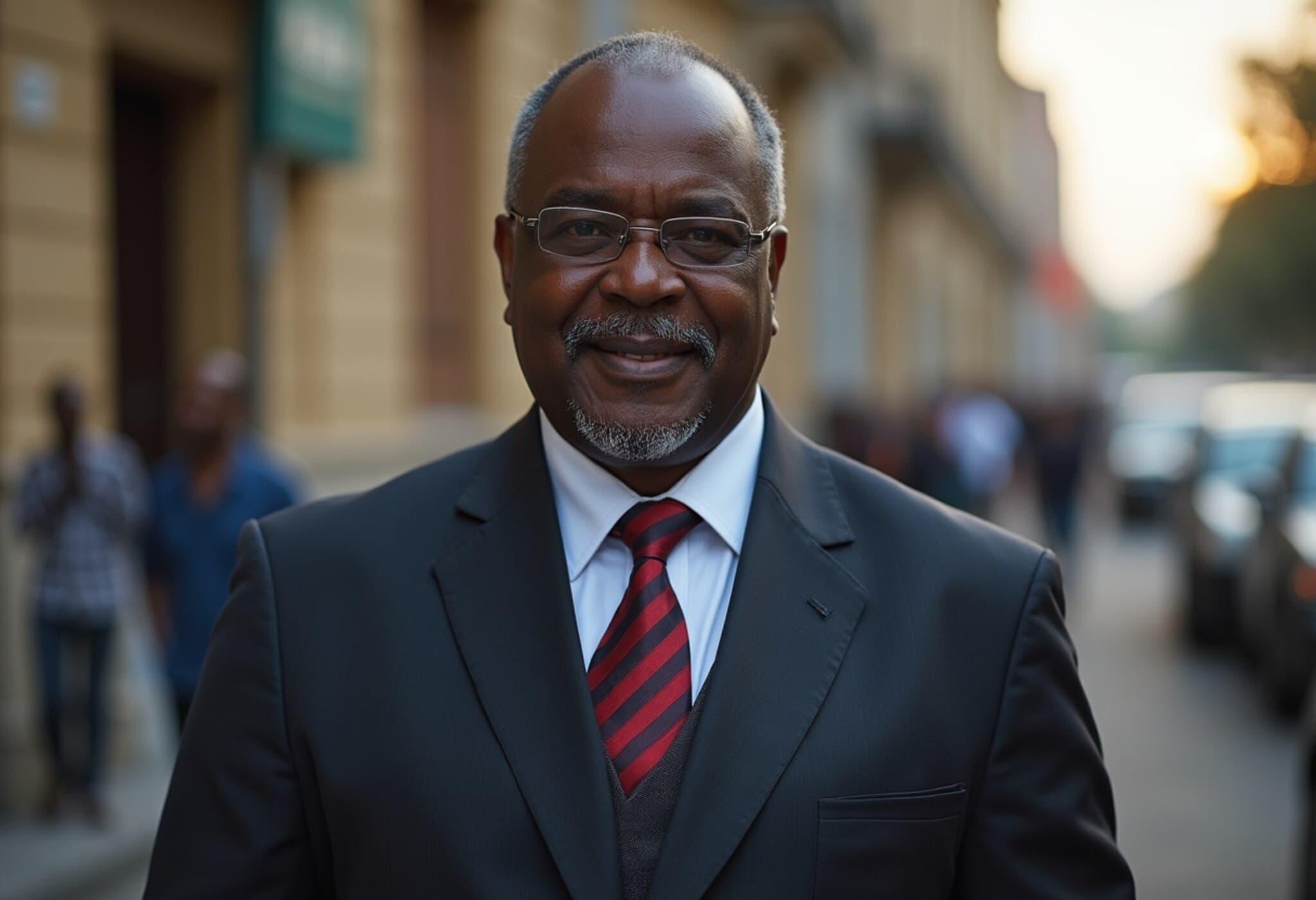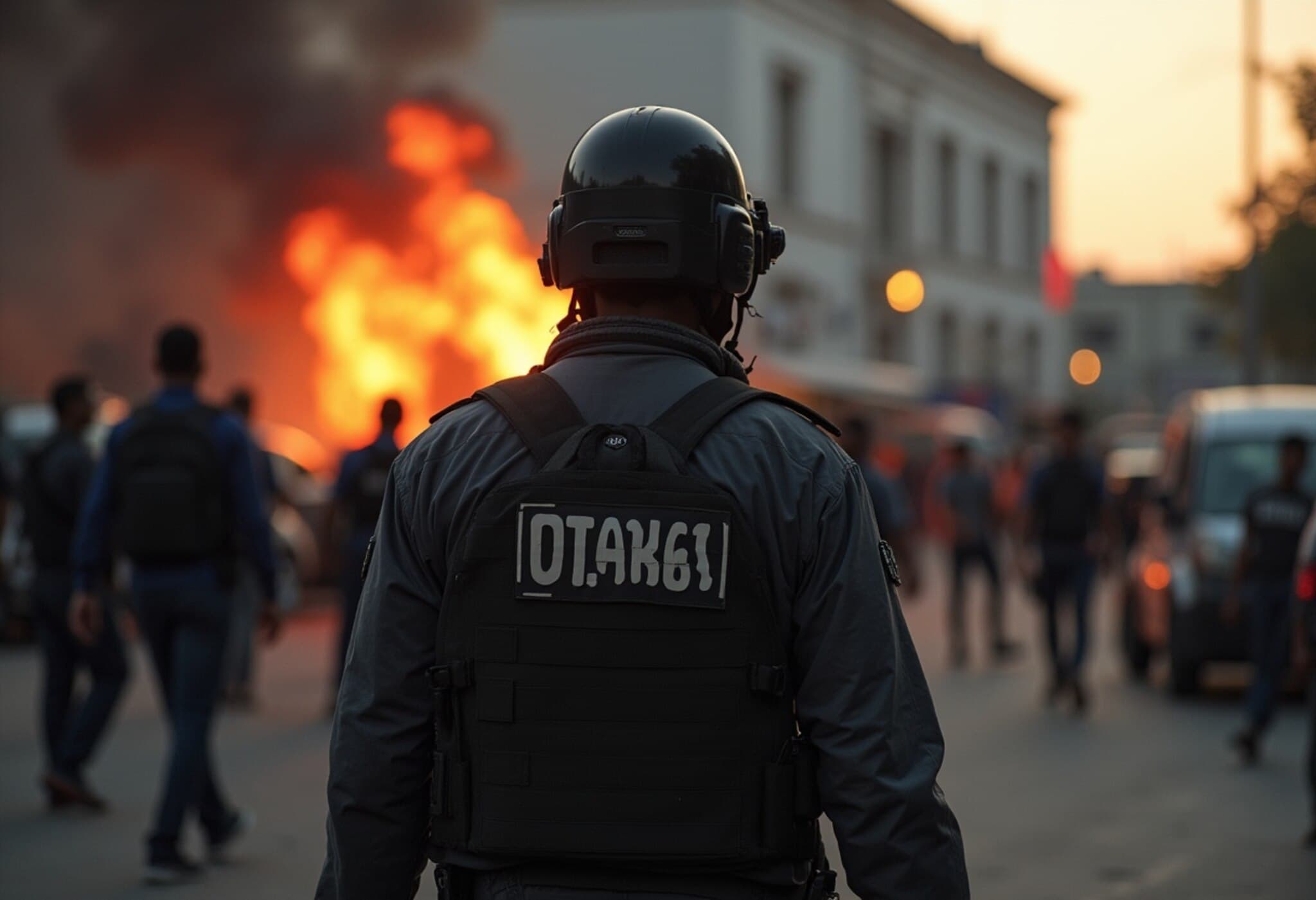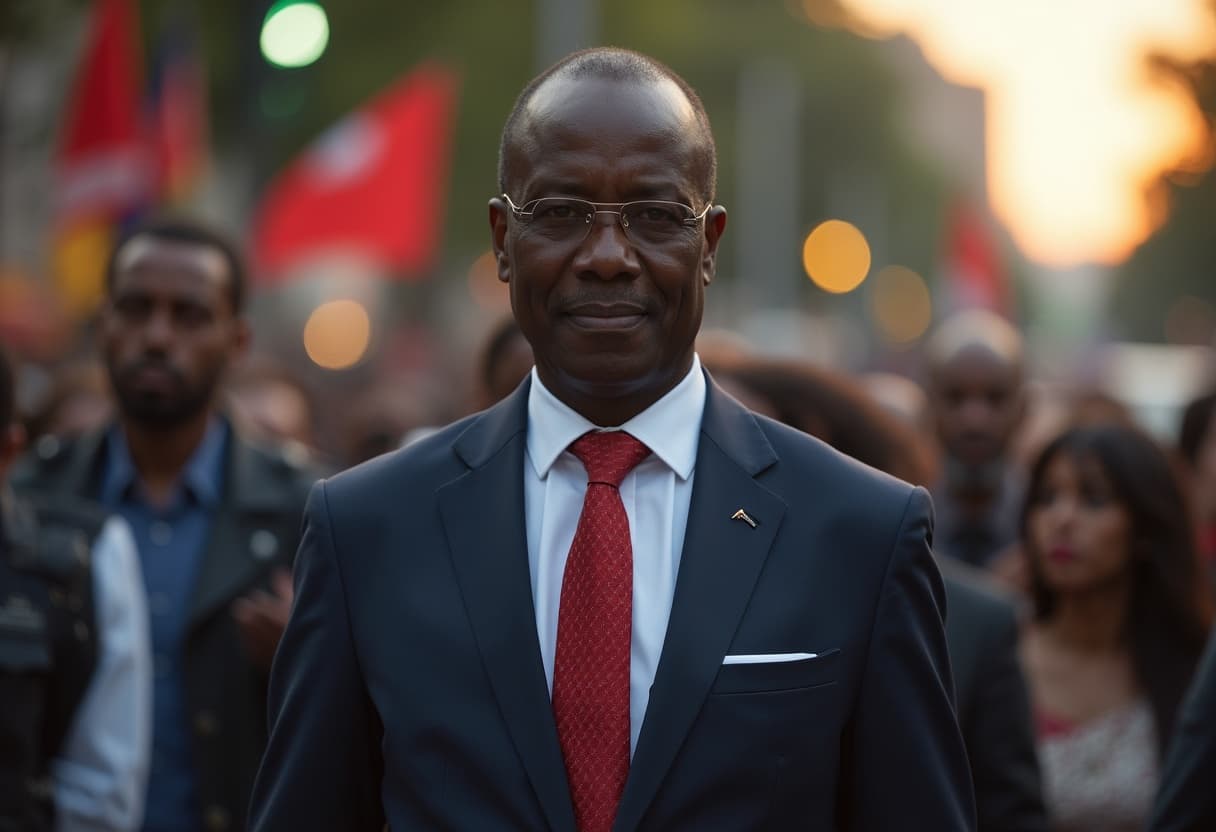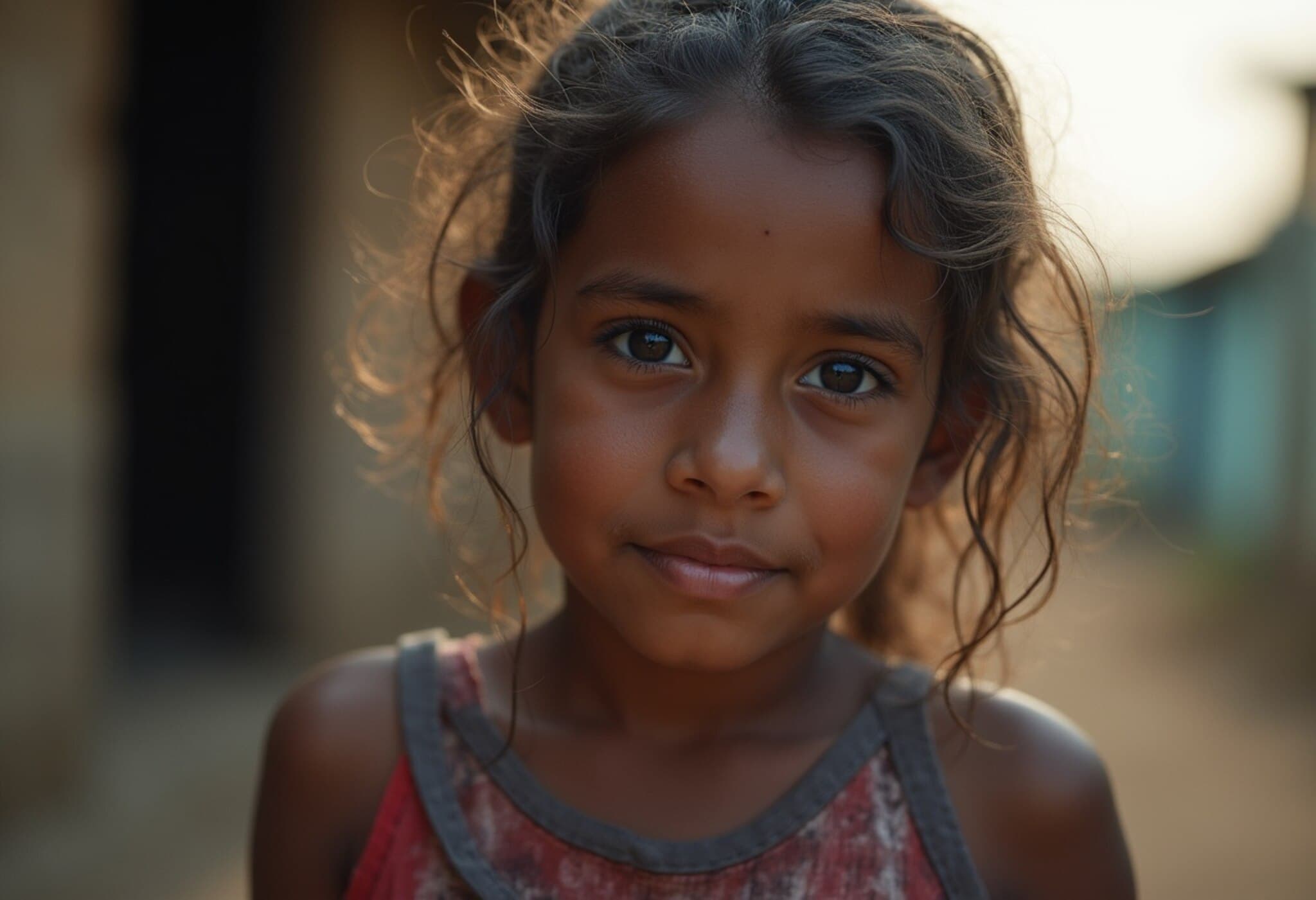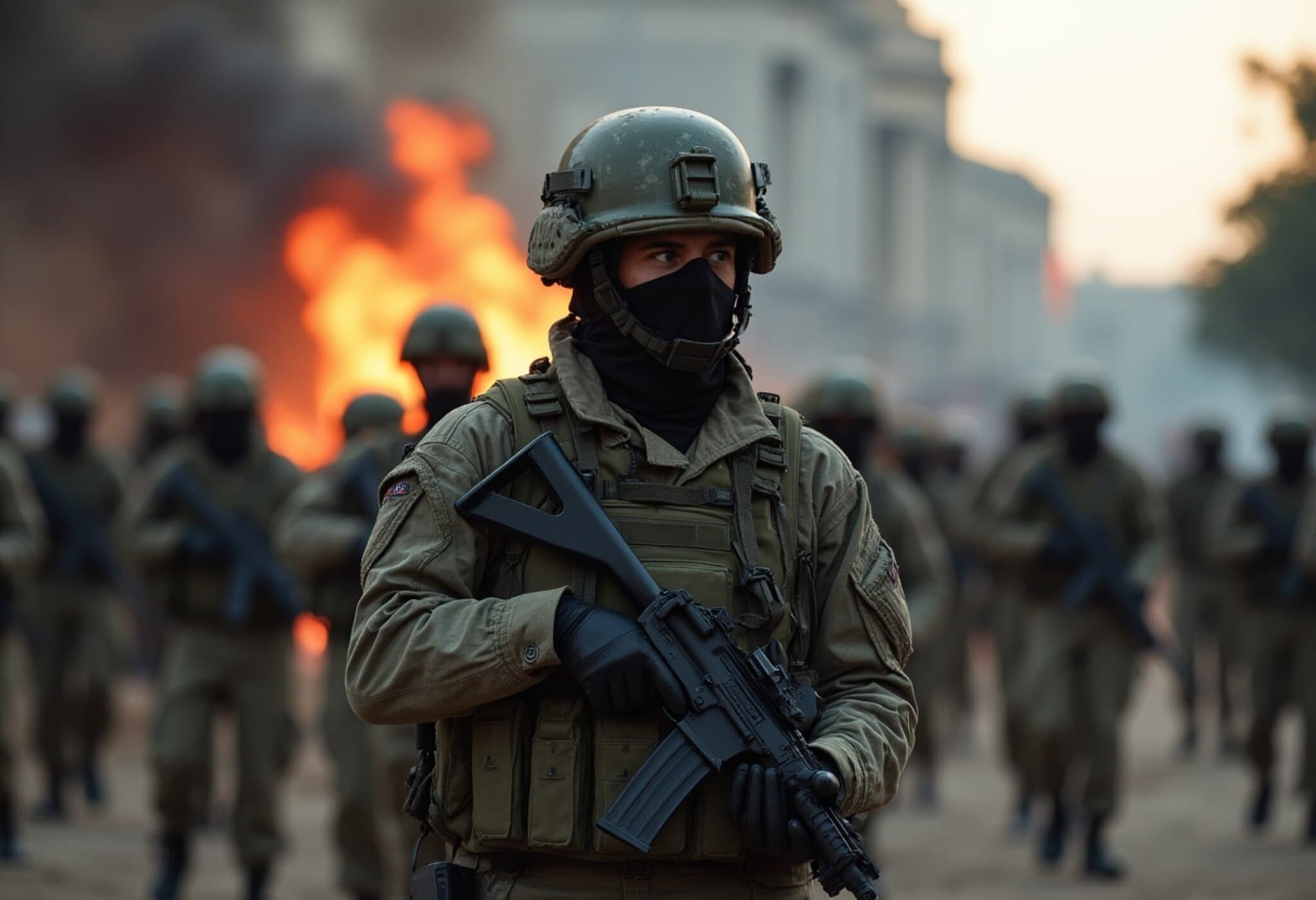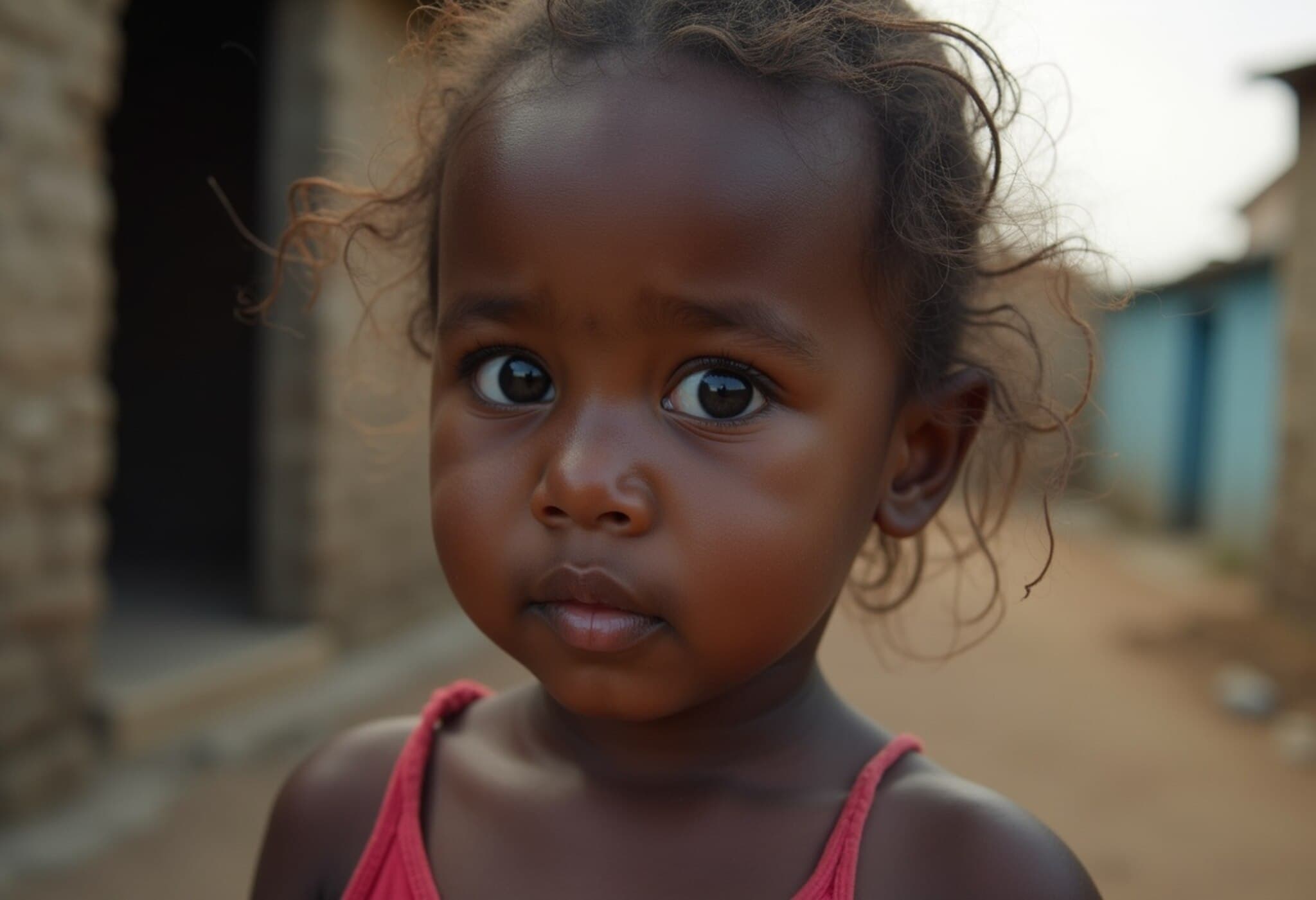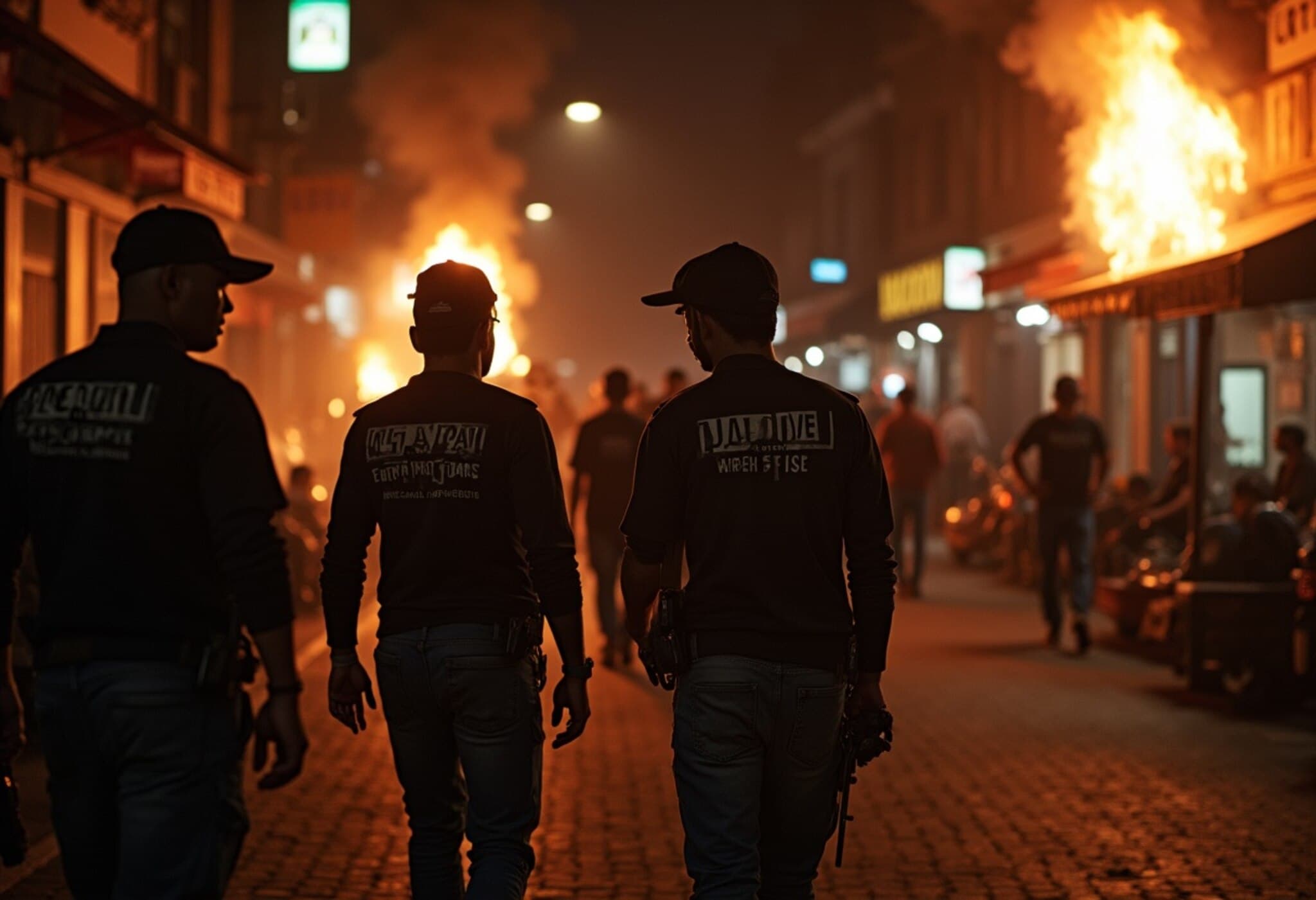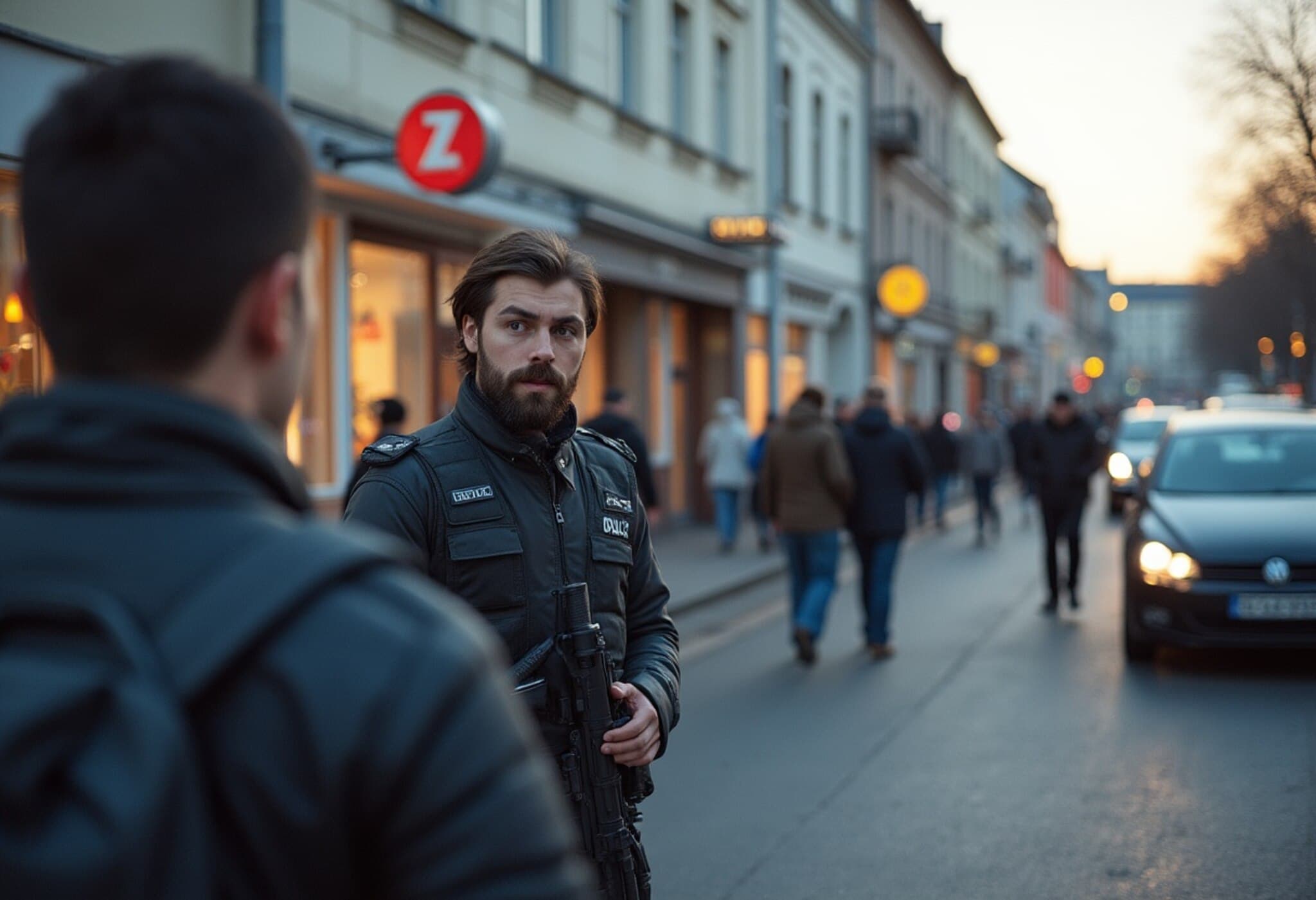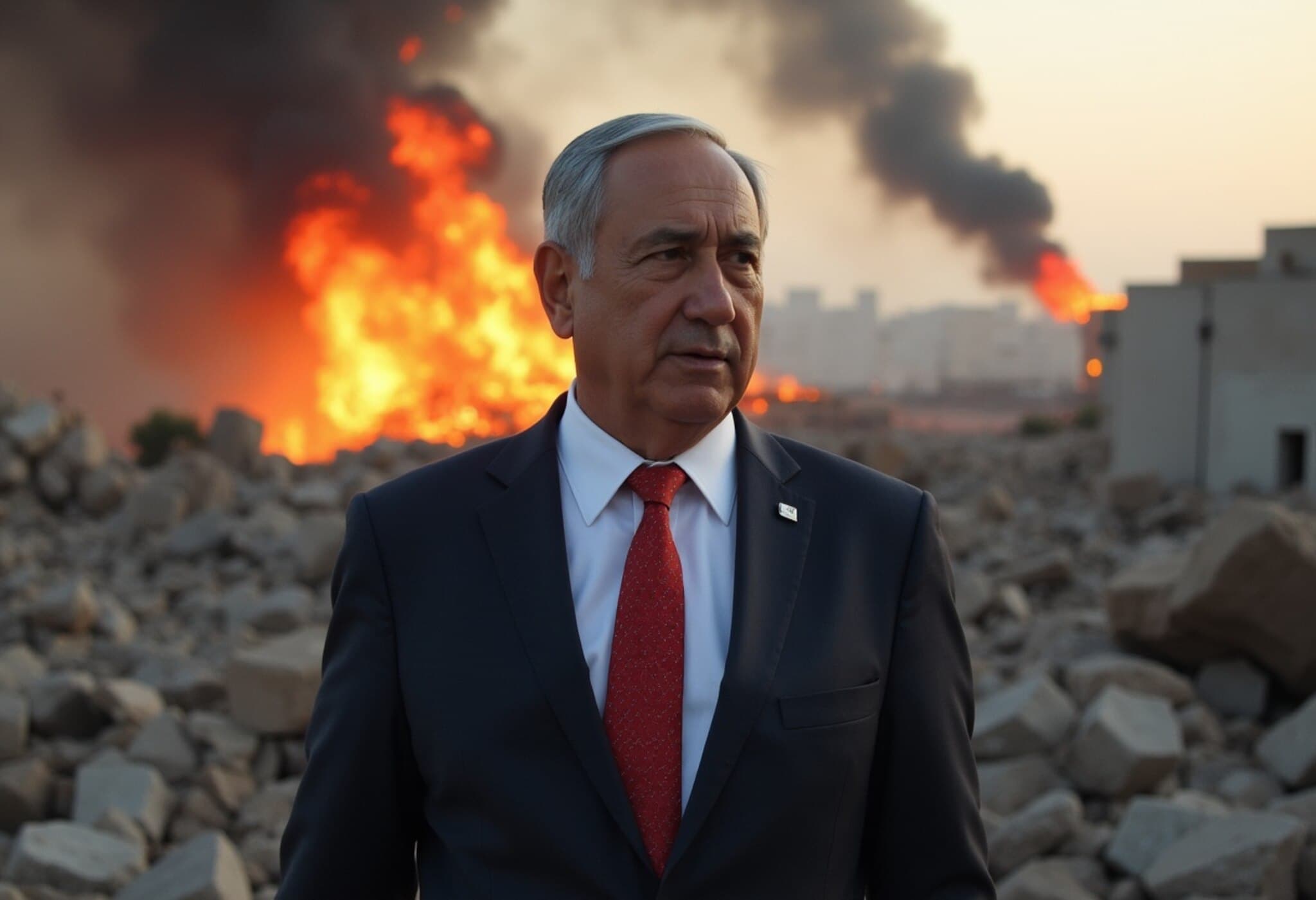Haiti Sends 150 Soldiers to Mexico to Combat Rampant Gang Violence
In an urgent bid to regain control over its sprawling capital and restore national security, Haiti has dispatched 150 soldiers to Mexico for specialized military training. This move, announced on July 25, 2025, signals a significant push by the Haitian government to rebuild its armed forces and effectively counter the powerful gangs that have entrenched themselves across the country.
Revitalizing the Haitian Armed Forces: A Historic Step
The deployment is part of a broader bilateral agreement under which a total of 700 Haitian troops will receive training in Mexico over the coming months. The Haitian government framed this initiative as a "historic milestone" in the reconstruction of the nation's armed forces, emphasizing its commitment to restoring state authority and reinforcing national security capabilities.
“This departure marks a historic milestone in the reconstruction of the Haitian Armed Forces and is part of a policy of strengthening national security capabilities,” the government statement reads, highlighting the determination to reestablish law and order.
Context: The Grim Reality of Gang Violence in Haiti
Haiti's capital city, Port-au-Prince, along with other regions, has been gripped by rampant gang violence that has wreaked havoc on daily life. According to United Nations data, from October 2024 to June 2025, more than 4,800 people lost their lives to gang-related violence. The chaos extends far beyond fatalities, with hundreds more victims suffering brutal assaults, kidnappings, sexual violence, and human trafficking.
This violent upheaval has overwhelmed Haiti’s security forces, prompting international support including a U.N.-backed mission led by Kenyan police officers. Haitian soldiers trained in Mexico will be expected to integrate efforts with the National Police and these international partners to subdue these well-armed gangs.
Training Details and Strategic Reinforcement
The Haitian troops will undertake three months of intensive training in Mexico, equipping them with advanced tactical and operational skills necessary for urban combat against complex gang networks. This follows earlier training initiatives, such as the recent deployment of roughly 30 soldiers to Martinique for specialized sessions.
Since its disbandment in 1995 amid accusations of human rights abuses and political coups, Haiti's armed forces have remained weak and fragmented. The former military, once numbering approximately 7,000 personnel, was abolished after a coup ousted President Jean-Bertrand Aristide.
It was only in 2017, following the withdrawal of U.N. peacekeeping troops, that then-President Jovenel Moïse reinstated the army. Since then, efforts have focused on rebuilding despite limited resources. The force currently stands at around 2,000 soldiers—a fraction of its former size—but initiatives like the current training program aim to bolster these numbers and improve operational capacity.
Expert Insight: Challenges and Opportunities Ahead
Security analyst Dr. Marie-Jeanne Toussaint notes, "The reconstitution of Haiti’s military, supported by targeted international training, represents a necessary but insufficient step toward addressing the country's deep-rooted governance and security challenges. Ultimately, long-term peace depends on robust institutions, socio-economic development, and regional cooperation."
Moreover, the initiative presents a critical opportunity for Haiti to regain sovereignty over its security landscape, potentially deterring gang power and empowering communities long besieged by violence.
Looking Forward
As Haiti embarks on this multifaceted endeavor to reclaim control from entrenched criminal organizations, its success will hinge on sustained political will, funding, and comprehensive reform. The international community's support, along with strategic partnerships like the one with Mexico, will be essential in steering Haiti towards a more secure and stable future.
Editor’s Note:
Haiti’s challenge with gang violence reflects broader issues of state fragility, economic deprivation, and governance shortfalls. While military training abroad is a positive development, it raises pivotal questions:
- Can Haiti rebuild its armed forces without repeating past abuses?
- How will these trained soldiers integrate with under-resourced police and international forces?
- What role should regional neighbors and the global community play in sustainable security reforms?
These questions underscore the complexity behind the headlines and highlight the need for holistic strategies beyond military solutions to ensure lasting peace for Haiti’s citizens.

